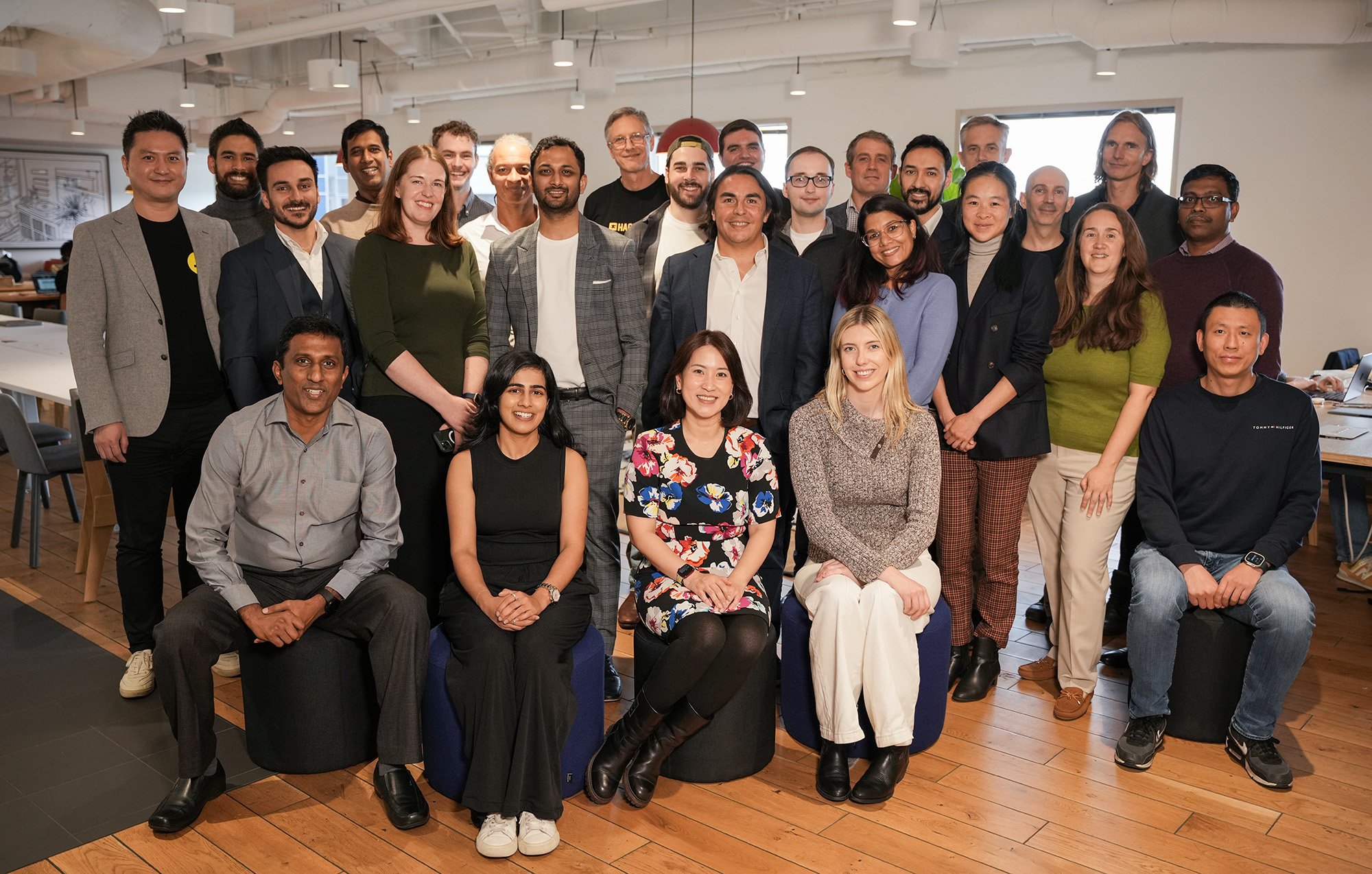Microsoft Canada Empowers Workers with Generative AI Training to Boost Economy by $187B by 2030
Image Credit: Windows
As Canada stands on the brink of an economic transformation driven by Generative AI (Gen AI), Microsoft Canada has unveiled a series of strategic collaborations aimed at equipping the nation’s workforce with essential AI skills. In a recent report co-authored with Accenture, Gen AI is forecasted to significantly enhance productivity and economic growth across various sectors. Microsoft’s latest initiatives underscore the company’s commitment to ensuring that the benefits of AI are accessible to all Canadians.
[Read More: Cohere: The Canadian AI Unicorn Making Waves in the Industry]
Economic Impact of Generative AI in Canada
Gen AI is poised to revolutionize the Canadian economy by saving workers up to 125 hours annually, equivalent to 30 minutes each day. This increase in efficiency is expected to boost overall productivity by 8%, contributing an impressive $187 billion to the national economy by 2030. Small and medium-sized enterprises (SMEs) stand to gain substantially, with projections indicating a combined economic value of $100 billion annually—$70 billion from small businesses and $30 billion from medium-sized enterprises. These figures highlight the transformative potential of Gen AI in driving economic growth and enhancing business operations across the country.
[Read More: EU Becomes the First Country to Enact Comprehensive AI Law!]
Adoption Trends and the Need for Adaptation
Over the past year, numerous Canadian organizations have integrated Gen AI into their workflows, recognizing its potential to streamline operations and foster innovation. However, to fully harness these benefits, a paradigm shift from mere adoption to adaptation is crucial. This transition necessitates a collaborative effort among industry leaders, government bodies, academic institutions, and social sectors to provide comprehensive skilling and educational opportunities. By fostering an environment of continuous learning and adaptation, organizations can effectively leverage Gen AI to stay competitive and drive sustainable growth.
[Read More: Meta AI: Why It's Only Available in Select Countries and How to Access It]
Collaborative Training Initiatives by Microsoft and Partners
Microsoft Canada has partnered with several leading organizations to deliver tailored Gen AI training programs, addressing the unique needs of various sectors and communities across the nation.
Institute of Public Administration of Canada (IPAC)
In collaboration with Microsoft, IPAC is launching a free training series titled Navigating AI: A Practical Guide for Public Servants. Delivered by the KPMG Skills Development Centre, this program is specifically designed for public servants across Canada, providing them with practical AI skills to enhance their roles and improve public service delivery.
Information and Communications Technology Council (ICTC)
ICTC will spearhead a targeted series of learning activities aimed at engaging leaders from small and medium-sized businesses, including board members and senior professionals nationwide. This initiative seeks to empower business leaders with the knowledge and tools necessary to integrate Gen AI into their operations effectively.
Logics Academy
Strengthening its collaboration with Microsoft, Logics Academy will incorporate Gen AI competencies into its educational programs. Additionally, the academy will engage youth and students through the innovative Minecraft AI Literacy worlds. By integrating AI with traditional computer science education, Logics Academy aims to foster creativity, problem-solving, and systems thinking skills among learners, preparing them for future-ready careers.
Imagine Canada and the Canadian Centre for Nonprofit Digital Resilience (CCNDR)
Imagine Canada and CCNDR are developing a dynamic platform to provide nonprofit leaders and professionals with the latest insights, resources, and best practices for leveraging AI in their work. As part of this initiative, a comprehensive survey will be conducted to identify the unique challenges and opportunities that nonprofits encounter in adopting and applying AI technologies.
Indigenomics Institute
Microsoft has joined forces with the Indigenomics Institute as a contributing collaborator to IndigenomicsAI, an Indigenous economic intelligence platform. This partnership aims to highlight and expand the Indigenous AI economy, developing technology-driven frameworks to support Indigenous businesses in accessing financial resources, scaling operations, and achieving economic self-determination. Microsoft is dedicated to fostering strong relationships with Indigenous communities to promote educational opportunities and enhance AI literacy within these communities.
Microsoft AI Skills Navigator
In addition to sector-specific training programs, Microsoft has introduced the AI Skills Navigator, an AI-powered platform designed to help Canadians unlock the full potential of AI in their workplaces. The Skills Navigator assists individual learners in identifying their goals, assessing their current skill levels, and determining their preferred learning styles to chart a personalized path to AI proficiency. Available in both French and English, the AI Skills Navigator offers a range of free tools and resources, making AI education accessible to everyone regardless of their career stage or role.
Source: Microsoft










